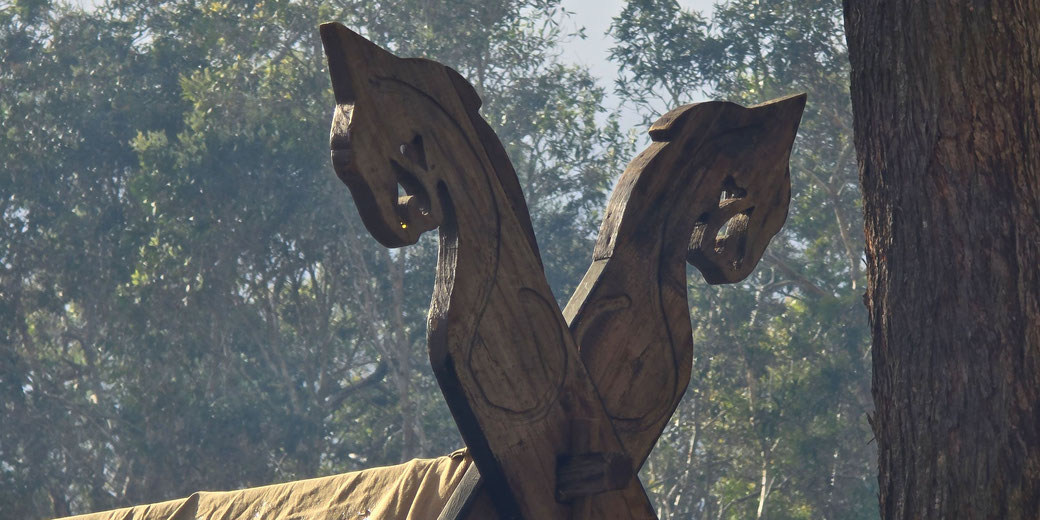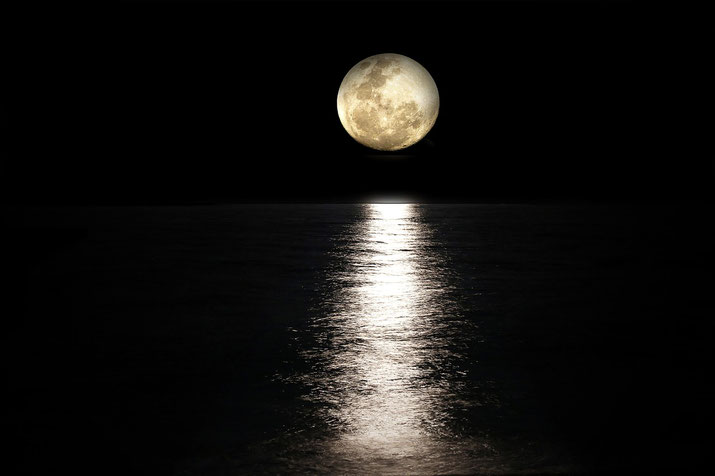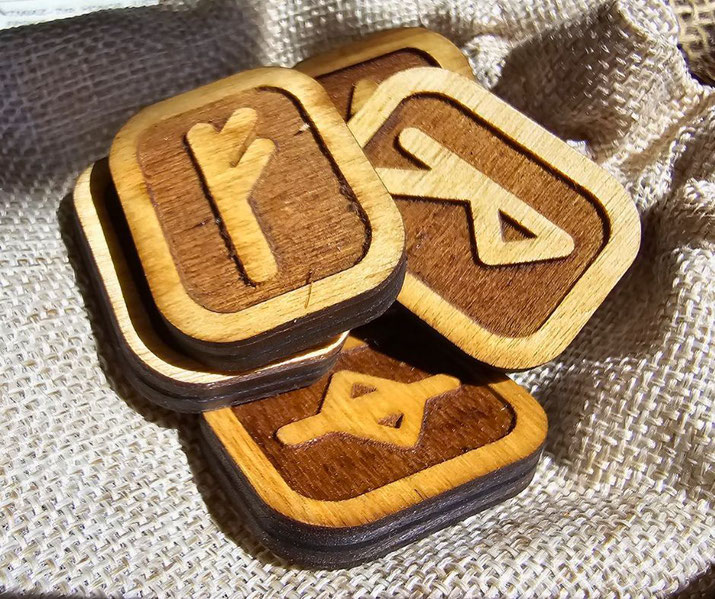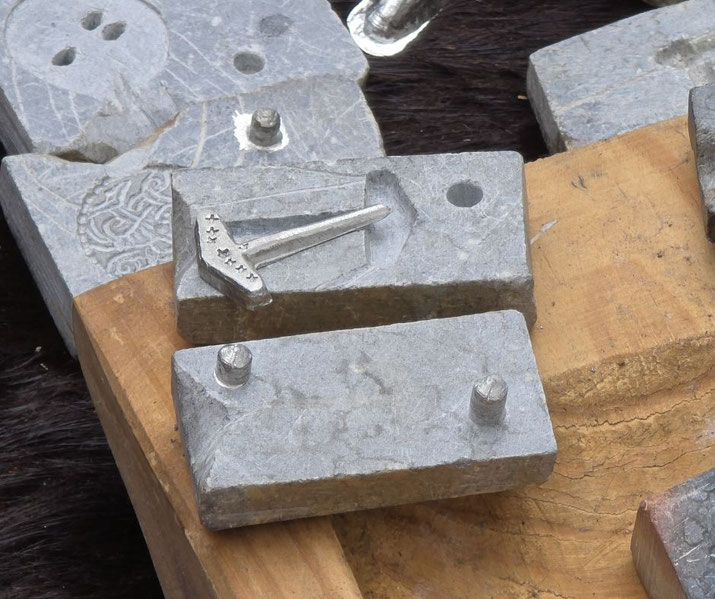The surprising Viking origins of the names of the days of the week

We use the names of the days of the week so often in daily life that we rarely consider their origins. Names like Monday, Wednesday, and Friday began as descriptive phrases, but their original meanings have faded over time.
What surprises many people, however, is that many of these names were shaped by Viking influence.
Who were the Vikings?
From the 8th to the 11th centuries, the seafaring Scandinavians called Vikings, also known as Norsemen, were known for raiding and exploring parts of Europe.
In AD 793, Viking raids began on Lindisfarne and brought Norse culture to England.
As Viking influence expanded, particularly in regions such as the Danelaw, their language and beliefs mixed with those of the Anglo-Saxons.
This is still visible in modern English, especially in place names and everyday vocabulary.
Many English words, like "sky," "law," and "window," come from Old Norse.
Although only a small number of original sources about Norse beliefs have survived, the most important ones are the Poetic Edda and Prose Edda, written in the 13th century.
These Icelandic texts preserve the myths and legends of the Norse gods, many of whom influenced the naming of the days of the week in English.
The seven days of the week
The word "week" comes from the Old English word wice, meaning "a series of seven days."
The Anglo-Saxons adopted the seven-day week from the Romans, who had borrowed it from the Babylonians.
The Babylonians based their week on celestial bodies, including the Sun, Moon, and visible planets.
During the first century AD, the Roman Empire adopted this idea, and it gradually became common throughout the empire.
Each day was dedicated to a planetary deity: dies Solis (Sun), dies Lunae (Moon), dies Martis (Mars), dies Mercurii (Mercury), dies Iovis (Jupiter), dies Veneris (Venus), and dies Saturni (Saturn).
The Anglo-Saxons rejected the Roman gods and used interpretatio germanica, a practice of substituting Roman gods with similar Germanic deities, to replace Roman deities with their own.
This created a fusion of Roman timekeeping and Norse belief.
Sunday
Sunday means "Sun's day." In Old Norse belief, the Sun goddess Sunna (or Sól) drove a chariot pulled by horses across the sky and was pursued by a wolf named Sköll.
This chase explained the movement of the sun. At Ragnarok, the Norse end of the world, the wolf was prophesied to catch and devour her.
Sunna was one of the deities linked with the natural world.
Monday
Monday means "Moon's day." The Moon god Mani, Sunna's brother, also rode a chariot pursued by a wolf named Hati.
He was followed by two children, Hjuki and Bil, whom he had taken from Earth while they fetched water from a well.
Their presence in the sky may explain the origin of the "man in the moon" myth.
Mani helped track time and the passage of months in the Norse lunar calendar.

Tuesday
Tuesday comes from "Tiw's day." Tiw (or Týr), a war and justice god, was one of the oldest Norse gods and had a rune named after him called Tiwaz.
According to myth, he lost his hand to the wolf Fenrir when the gods tried to bind the creature.
His sacrifice made him a symbol of honour, bravery, and the rule of law. Tiw is often associated with the Germanic concept of the "thing," a tribal assembly for legal disputes and decision-making.
Wednesday
Wednesday comes from "Woden's day." Woden, also known as Odin, was the Norse Allfather god linked to knowledge, poetry, death, and sorcery.
Odin sacrificed one of his eyes to drink from the well of Mimir, which granted him wisdom.
He also hung himself from Yggdrasil, the world tree, for nine nights to learn the secrets of runes.
Two ravens, Huginn and Muninn, flew around the world each day and returned to tell him what they had seen.
His wolves, Geri and Freki, fought alongside him in battle. Odin's influence is still seen in place names like Wednesbury and Wensleydale.

Thursday
Thursday means "Thor's day." Thor, the thunder god and son of Odin and the giantess Jord, fought giants and monsters to protect gods and humans.
He wielded the hammer Mjölnir, which always returned to him when thrown. He wore a belt that doubled his strength and iron gloves to grip the hammer.
He travelled in a chariot pulled by two goats, Tanngrisnir and Tanngnjóstr. Thor was popular among everyday people for his courage and loyalty.
During Christianisation, people wore Thor's hammer as a pendant in defiance of the cross.

Friday
Friday likely comes from "Frigg's day." Frigg, Odin's wife and queen of Asgard, was the goddess of marriage, motherhood, and fate.
According to myth, she used a spinning wheel to weave the destinies of all beings.
She wore a falcon-feather cloak that allowed her to fly. Some traditions attribute the day to Freyja, a goddess of love, beauty, fertility, and war.
Freyja received half of the dead from battle in her hall, Sessrúmnir. Because Frigg and Freyja share overlapping qualities, scholars continue to debate the day's true namesake.

Saturday
Finally, the seventh day of the week is Saturday, which comes from 'Saturn's day'.
Saturn was a Roman god of agriculture, wealth and time. He was honoured in the festival of Saturnalia, a major Roman celebration of the winter solstice.
He was also associated with Cronus, a Greek god who was the father of Zeus and other Olympians.
Unlike the other days of the week, Saturday does not have a clear connection to Norse mythology.
However, some scholars have suggested that it may still be related to Loki, a trickster god who often caused trouble for the other gods.
Although the Vikings did not worship Saturn, they were aware of the Roman god and adopted the name for the seventh day of the week.
Now that you know...
Now you know the names of the days of the week have a detailed history, with Norse mythology still present in the words we use every day.
Next time you check your calendar, consider the ancient Viking myths and traditions that gave rise to these names and how Roman, Norse, and Anglo-Saxon cultures all contributed to modern timekeeping.
What do you need help with?
Download ready-to-use digital learning resources
Copyright © History Skills 2014-2025.
Contact via email
With the exception of links to external sites, some historical sources and extracts from specific publications, all content on this website is copyrighted by History Skills. This content may not be copied, republished or redistributed without written permission from the website creator. Please use the Contact page to obtain relevant permission.





